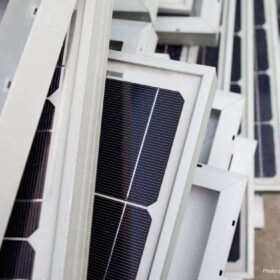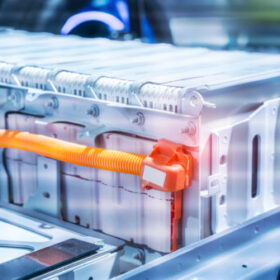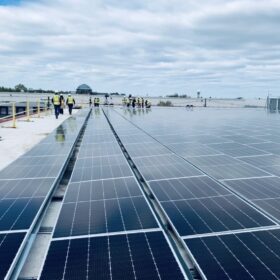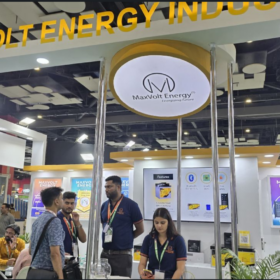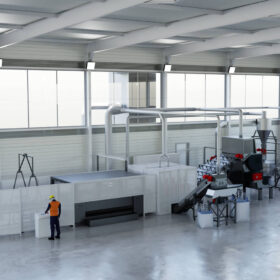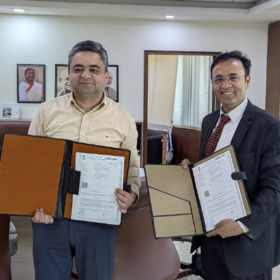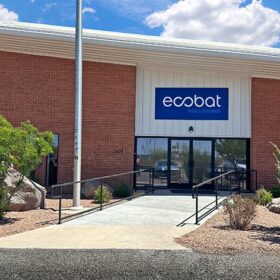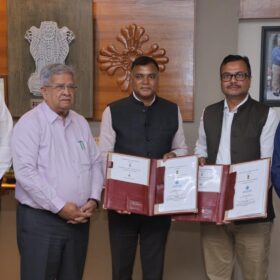From trash to treasure: Is India ready for battery recycling revolution?
Given the demand and the unavailability of Lithium, Nickel, Cobalt, Manganese, and Rare Earth Elements (REEs) in sufficient quantities, as a nation, we may be staring at a scenario we had with crude.
From rewards to responsibility: The business case for eco-conscious loyalty programs
The shift from transactional rewards to eco-conscious loyalty programs isn’t just a trend; it’s the future. By integrating renewable energy, sustainable practices, and environmental responsibility into loyalty structures, brands can drive engagement, create meaningful connections, and contribute to a more sustainable future.
Attero to invest INR 100 crore to scale rare earth element recycling capacity to 30,000 tonnes
Attero will invest INR 100 crore to expand its rare earth element (REE) recycling capacity from the current 300 tonnes to 30,000 tonnes annually over the next 12 to 24 months.
Solar panel recycling plan urges repair, reuse first
Australia’s rooftop solar industry has renewed calls for a mandatory recycling scheme to deal with the growing problem of solar panel waste. Only about 10% of panels are currently recycled. The rest are stockpiled, sent overseas or dumped in landfill.
Why battery design is one of the core challenges for recycling companies?
While transitioning to renewable energy and widespread adoption of batteries is a must, recycling cannot be an afterthought. It must be built into design and supply chain decisions.
Qcells expands into solar panel recycling business
Qcells says its new EcoRecycle facility in the US state of Georgia will remove aluminum, glass, silver and copper from used solar modules and process them for re-use.
Maxvolt Energy to expand lithium battery recycling capacity
Maxvolt Energy plans to set up a recycling and repurposing plant close to its lithium battery manufacturing unit in Ghaziabad, enabling better supply chain integration and operational efficiency.
Ecoprogetti releases fully automated solar panel recycling line
Italy’s Ecoprogetti has developed an automated photovoltaic recycling line that separates and recovers up to 100% of the aluminum, copper, glass, plastic and silicon in solar panels. It can process up to 60 panels per hour while using 40% less energy than other solutions on the market.
Attero enters solar panel recycling MoU with NISE
Attero and the National Institute of Solar Energy (NISE) have signed a memorandum of understanding for research and development of solar panel recycling technology in India.
Lithium-ion battery recycling plant comes online in Arizona
The opening of Ecobat’s new facility is just one of many indicators that U.S. battery recycling is on the rise.



